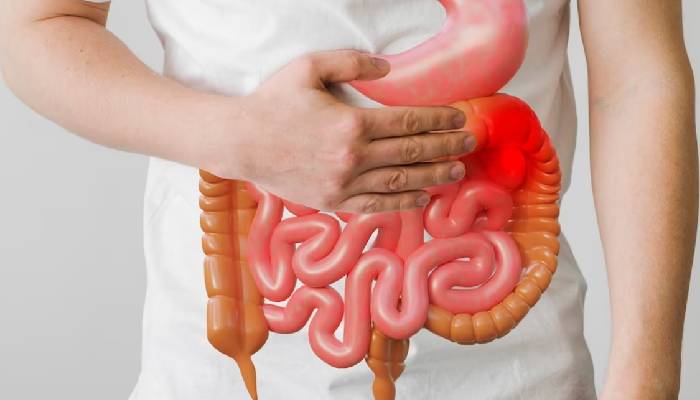
Bowel cancer remains a significant health concern in the UK, affecting thousands of individuals annually.
According to the Bowel Cancer UK, this disease ranks as the fourth most common cancer in the UK, with nearly 43,000 new diagnoses annually and approximately 268,000 people living with the condition.
While over 90% of cases occur in individuals over 50, bowel cancer can affect people of any age, with more than 2,600 new cases annually in those under 50.
Bowel cancer, also known as colorectal cancer, develops from the inner lining of the bowel and is usually preceded by growths called polyps, which may become invasive cancer if undetected.
While, depending on where the cancer begins, bowel cancer may be called colon or rectal cancer.
However, everyone survives bowel cancer when diagnosed at the earliest stage.
Meanwhile, survival rates decline as the disease progresses.
Despite being the second most lethal cancer in the UK, the number of deaths has decreased since the 1970s, attributed to advancements in diagnosis and treatment, including the national screening program.
The Moffat Cancer Center highlights a challenge in diagnosing bowel cancer that it may often happens without symptoms in early stages.
Bowel cancer usually begins slowly as a harmless growth, then turns cancerous over time. This progression often happens without any signs for years
The National Health Service (NHS) highlights 10 key symptoms of bowel cancer to watch for, including changes in poo consistency, altered bowel habits, blood in the poo, bleeding from the bottom, persistent urge to poo, tummy pain, abdominal lump, bloating, unexplained weight loss, and persistent fatigue.
However, it's important to see a doctor if you have any of these symptoms, even though they can also be caused by other things. Getting checked early can help with treatment.















